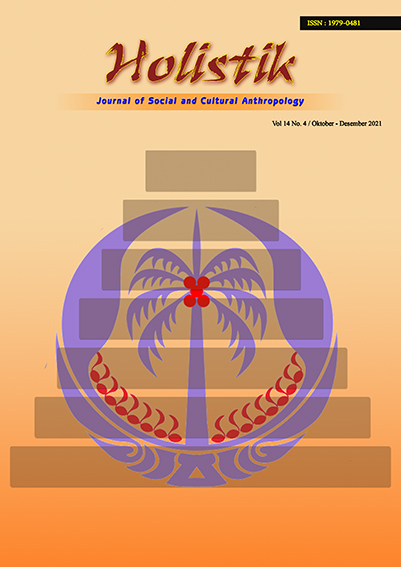UPACARA FASUGAL (MENJEMPUT MENANTU) DI DESA WERE KECAMATAN WEDA KABUPATEN HALMAHERA TENGAH
Abstract
Customary marriage in various environments of Indonesian society is very different, this is due to differences in customs and forms carried out in each community environment that has its own ways of marriage. Customs related to marriage ceremonies, especially ceremonies after marriage are also carried out in some areas in North Maluku.
The ceremony after the marriage contract in were Village of Weda Subdistrict called the fasugal ceremony (picking up the son-in-law). Fasugal ceremony is a follow-up process of the wedding ceremony carried out by the groom's family at the time of welcoming the arrival of the daughter-in-law.
Departing from the philosophy of the gamrange community, which is the source of customs and reflects religious and cultural values in the social life of the community. The implementation of the basic value of fagogoru is a form of foothold glorifying the son-in-law carried out at the fasugal ceremony, as an embodiment of appreciation among fellow human beings.
Cultural values in the implementation of fasugal ceremonies manifest a close sense of brotherhood for fellow human beings, in addition to maintaining local wisdom. Changes in life are inevitable. As a concrete step to face the many threats and influences of such rapid changing times on local culture, there must be synergy and good cooperation between the government, schools and communities, to preserve and maintain cultural values and customs at fasugal ceremonies
Keywords: marriage, local culture, changes
